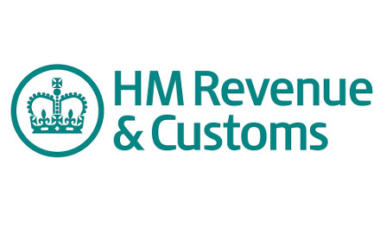HMRC has published new Common Reporting Standard guidance, which assures charities that it will implement a “soft landing” approach, following pressure from sector bodies.
The Common Reporting Standard (CRS) was introduced earlier this year with the aim of preventing tax evasion and requires financial institutions to report on account holders, which can also include charities reporting on recipients of grants.
The rules had sparked “deep concerns” by sector bodies over the administrative burden on placed on charities, which had called for an exemption for charities.
In May, several sector umbrella bodies wrote to the minister for civil society, Rob Wilson, to raise concerns that the transparency regime could cause funders to scale back on grants. The bodies, including the Association of Charitable Foundations (ACF), the Charity Finance Group (CFG) and the Association of Charitable Organisations, urged Wilson to make the case for charities to be exempt from the reporting requirements.
HMRC says it will 'not seek to apply penalties where charities have made efforts'
In response to critics, the guidance published yesterday said “HMRC recognises that the Automatic Exchange of Information (AEOI) regime presents a challenge for charities where they are required to carry out due diligence checks on grant recipients”.
It also acknowledged that “general awareness around the impacts for charities started later than for other sectors”, giving charities “less time to become aware of the requirements and put processes in place ahead of the rules coming into effect”.
But it said its compliance approach towards charities would reflect this.
“What is reasonable will depend on the other governance processes in place, which will align to the sectors in which the charity operates,” it said.
During the early years of AEOI reporting, HMRC’s approach to compliance by charities will be a “soft landing”, the guidance notes.
“We will not seek to apply penalties where charities have made efforts to carry out due diligence requirements and report accurately. However, we will not rule out the imposition of penalties where charities have failed to engage with the requirements,” HMRC said.
HMRC said it will take into consideration the size and complexity of the charity as well as its other regulatory and governance processes and the nature of the grants it is making. But it warns charities who are unsure about their processes, to engage with HMRC early “to agree what is reasonable in their circumstances”.
“We will seek to support charities in understanding the rules,” the guidance states. “If we consider it is not meeting the requirements of the AEOI regimes, we will seek to work with the charity to improve processes going forwards.”
Sector response
This morning, Andrew O’Brien, head of policy and engagement at CFG, urged “all charitable trusts which receive over 50 per cent of their income from managed investments to read this guidance carefully”.
“We welcome HMRC’s acknowledgement that due to a late start in considering the impact on charities, there will be a ‘soft landing’ for charities when it comes to compliance. This follows a lot of advocacy on behalf of the sector from representative bodies,” he said.
“However there are still a number of questions that remain to be answered around how charities will meet the standards of due diligence required by HMRC and how charities that work in sensitive areas will be able to protect grantees.
“There is not a lot of time to resolve these issues, as charities are supposed to be gathering information right now and are due to make reports their first reports in May 2017. HMRC, the Charity Commission and sector bodies will need to work closely together to get this information quickly and in a format which charities, unaccustomed to this kind of tax reporting, can understand.”
A spokesman for ACF told said the organisation has “worked hard with HMRC to craft this new guidance on how rules designed to stop financial institutions colluding with tax evaders will apply to charitable grant makers”.
But he warned that “while officials have taken strides to clarify and minimise the effect of the regime, we continue to raise fundamental questions about its applicability in our sector”.
“Funders must immediately check how it applies to them,” he said.









